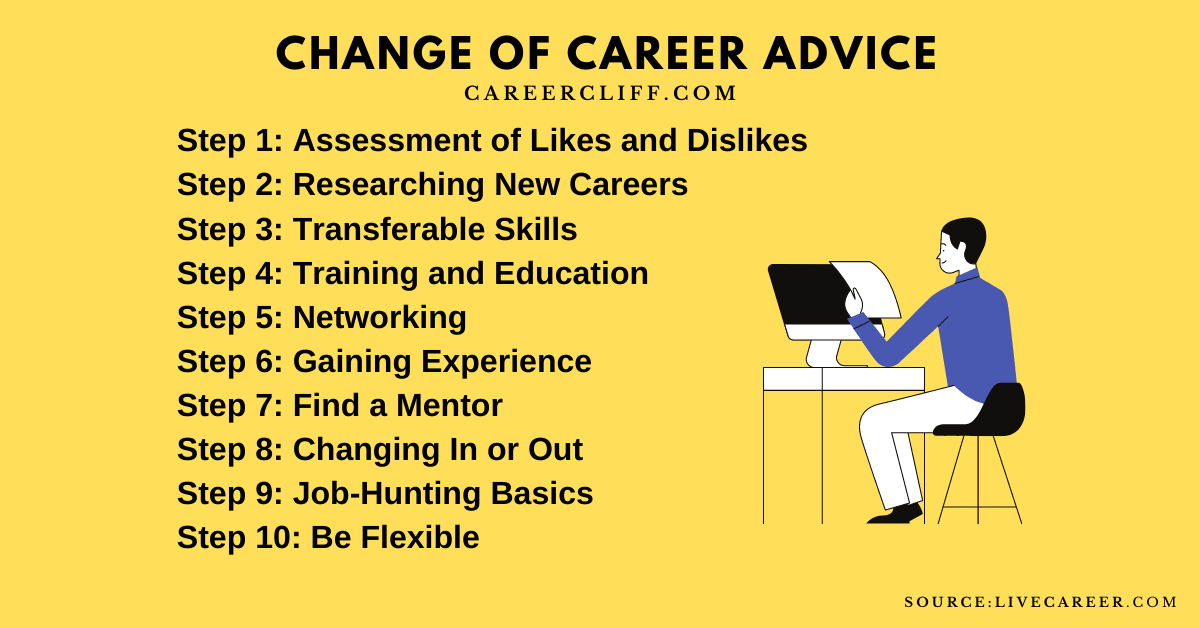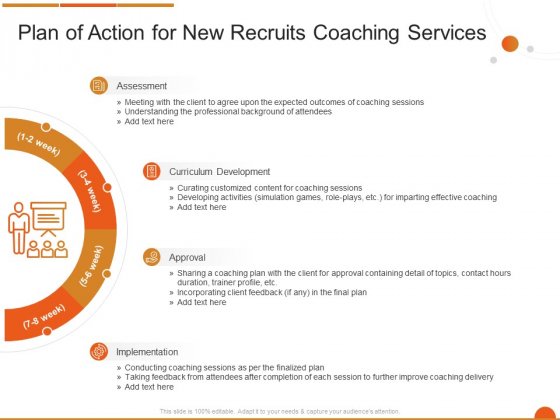
A career advisor can help people understand different career options. They guide clients in making decisions about their future and help them prepare CVs and application forms. Many career advisors have extensive industry knowledge and can advise clients in this way. Here are some important things career advisors need to know:
Career advisers guide clients through exploring their options for career paths
Career advisors help individuals explore the many career options that are available to them. They can provide advice based upon the client's aptitudes and interests. They might also conduct aptitude tests to help clients match their skills to career opportunities. In addition to helping clients choose a career path, they can also help them create resumes and find job opportunities.
Career counselors assess clients' career knowledge and preparation using a variety informal inventories and assessment instruments. This can help clients get a better grasp of their interests, skills, and values. Clients can also be helped to explore the different career options and their educational requirements. The client will be able to make an informed decision about which career is best for them.
They give information about the opportunities.
Career advisors provide information about career opportunities in various industries. Career advisors are there to assist both employers and employees in identifying and developing their talents and skills. In addition to helping employees determine the best career option for them, career advisors can also guide employees to appropriate courses and programs. These programs and courses are designed to enhance the performance of an employee in their current job or prepare them well for future roles.

There are several ways to reach a careers advisor, such as by telephone, via email, web chat, or in person. The contact with a career adviser is confidential. A privacy notice is available for those who would like to use this service.
They are great for CVs
Ask a career adviser for guidance if your CV isn't clear. Generally, the CV consists of your contact information, education, and work experience. It might also contain sections on your interests, research and publications. It is best to arrange your CV in reverse chronological order. Standard CV sections include your name and contact information, education, honors and awards, work experience, research experience, and teaching experience. You might also want to include extracurricular activities and computer skills.
Your CV should match the job and company that you are applying to. You should identify the areas you excel at and highlight these in the best way. To understand the types of tasks and responsibilities that interest you, it is a good idea to create job profiles. Multiple CVs are helpful if you are applying for multiple jobs. These cases will require you to use different headings. Make sure to highlight the most important points and emphasize them throughout the document.
They assist with applications
A careers advisor can provide a wealth of information about how to fill out application forms. The first step is to read through the form and make notes. Once you've read the form, print it out and type in your responses. You can copy the questions to a blank paper and write your answers there. This is useful if you have to answer more than one question on an application form.
The careers advisor will provide advice on how to interview, provide guidance for filling out applications, and assist with specific careers. You can apply for a job, a course at college, an apprenticeship or any other type of job. They will provide all the necessary information. They are also available to be contacted directly. Their Oldham office is at 80 Union Street.

They conduct interviews
Career advisors help students make a decision about their career. These professionals are often well trained interviewers, who understand that most young people are uncertain about what path to take. They assist students in exploring broad options such as academic subjects or work-related experiences. Parents are also able to use career advisors as a resource to help their child find the right information and advice.
To determine if a student is right to pursue a career, an interviewer will ask questions about their education and background. If they are studying for a Master's, they might ask about their experiences in similar fields. They might ask the client if they have had experience in psychology.